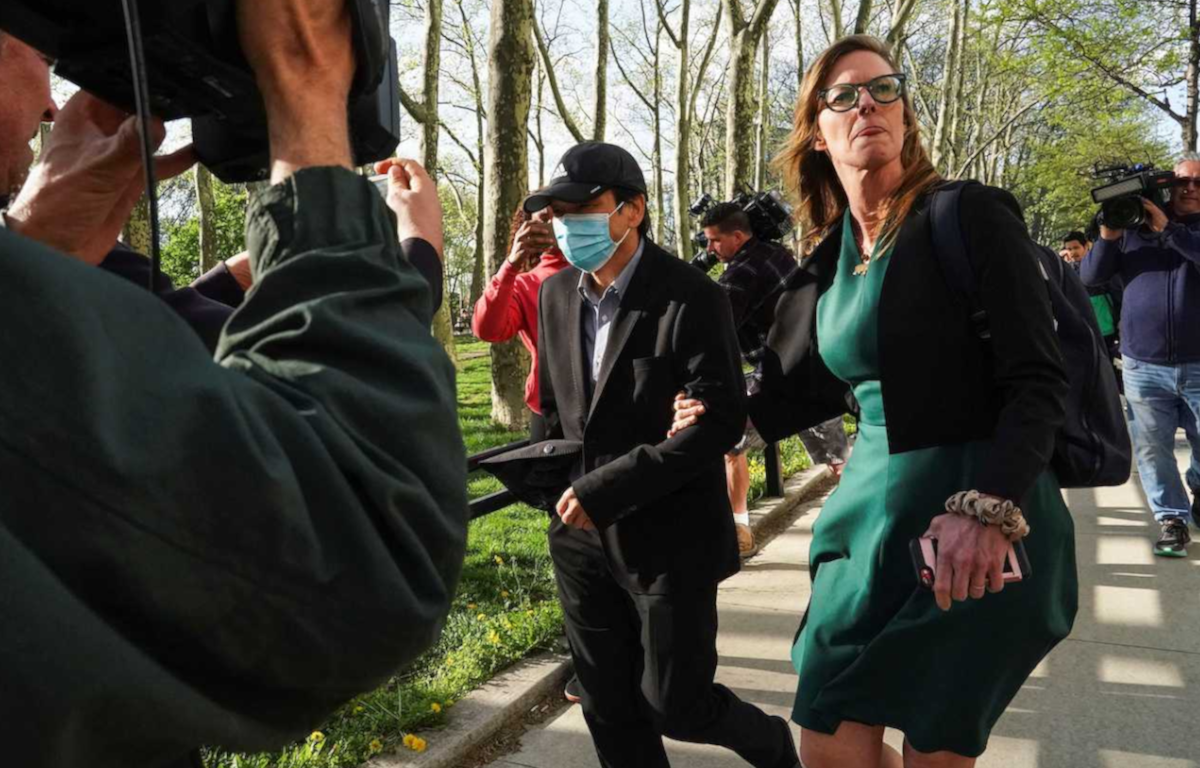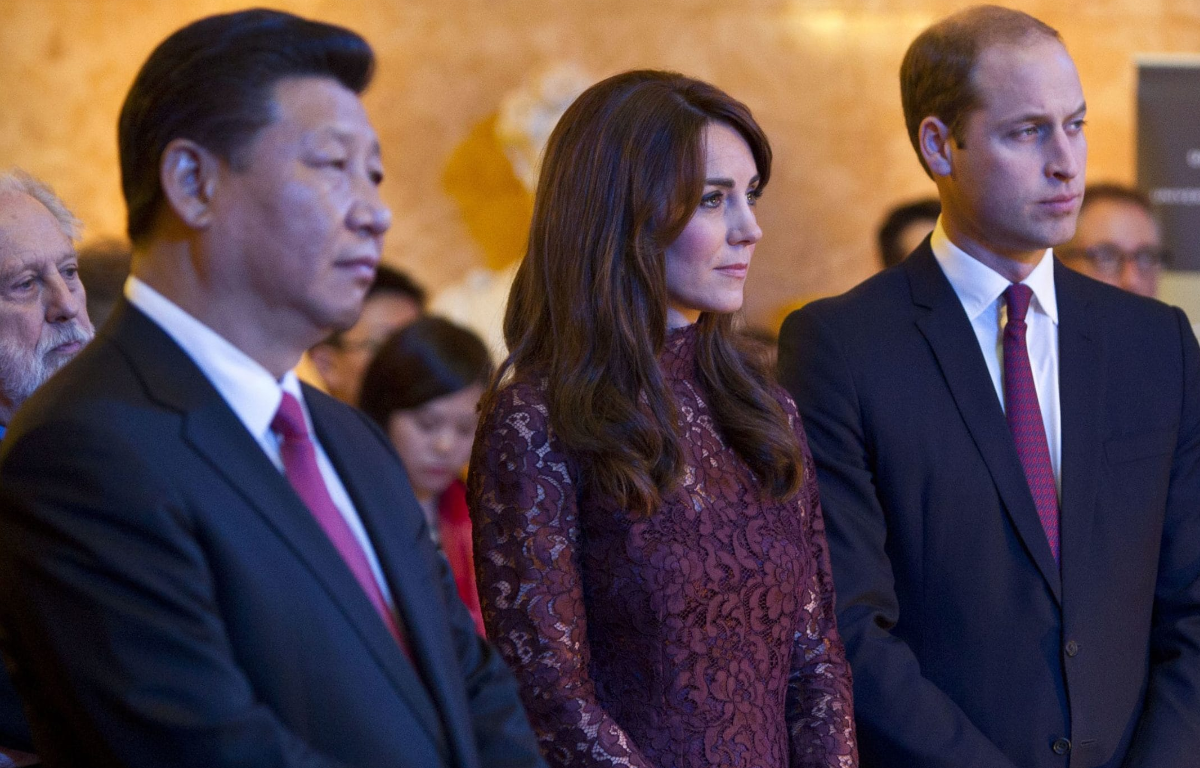
The allegations revolve around claims that China has been engaged in extensive and covert espionage activities, targeting not only other nations’ governments but also major industries and institutions. These claims, which have been voiced by multiple countries, suggest that China might be using its technological prowess to gain unauthorized access to sensitive information.
The rise of cyber espionage has added a new layer of complexity to the age-old struggle for national security. With governments and corporations storing vast amounts of classified and proprietary information online, the threat of cyberattacks has become more pronounced. If proven true, the alleged Chinese ‘spying’ activities could signify a significant breach of international trust and cooperation.
The allegations against China have geopolitical implications that extend beyond the realm of cybersecurity. If the investigation reveals substantial evidence of espionage, it could strain diplomatic relations between China and other nations, leading to trade disruptions, travel restrictions, and other punitive measures. Moreover, such findings might prompt other countries to adopt more aggressive cybersecurity measures, potentially sparking a digital arms race.
The United Nations Security Council, a primary international body responsible for maintaining peace and security, has taken swift action in response to these allegations. Comprising 15 member states, including five permanent members with veto powers, the Security Council has initiated an investigation into the matter. This underscores the seriousness of the allegations and the global importance of addressing them transparently.
While the investigation is underway, it is essential to strike a balance between safeguarding national sovereignty and ensuring global security. Nations have the right to protect their interests and citizens from potential threats, but in doing so, they must avoid infringing upon the principles of international cooperation and peaceful coexistence.
The unfolding investigation into the alleged Chinese ‘spying’ activities serves as a reminder of the intricate interplay between technology, security, and diplomacy. As nations grapple with the consequences of a hyper-connected world, it is crucial to establish clearer norms and regulations surrounding cyber activities. International dialogues and agreements that promote responsible behavior in cyberspace could pave the way for a more secure and stable global digital landscape.
The allegations of Chinese ‘spying’ activities are a wake-up call for the international community to reevaluate its approach to cybersecurity and global relations. The investigation launched by the United Nations Security Council underscores the gravity of the situation and highlights the need for open dialogues and cooperative efforts to address the challenges posed by technological advancements. As the world navigates the complex terrain of digital security, finding common ground will be key to shaping a safer and more interconnected future.










Share this: